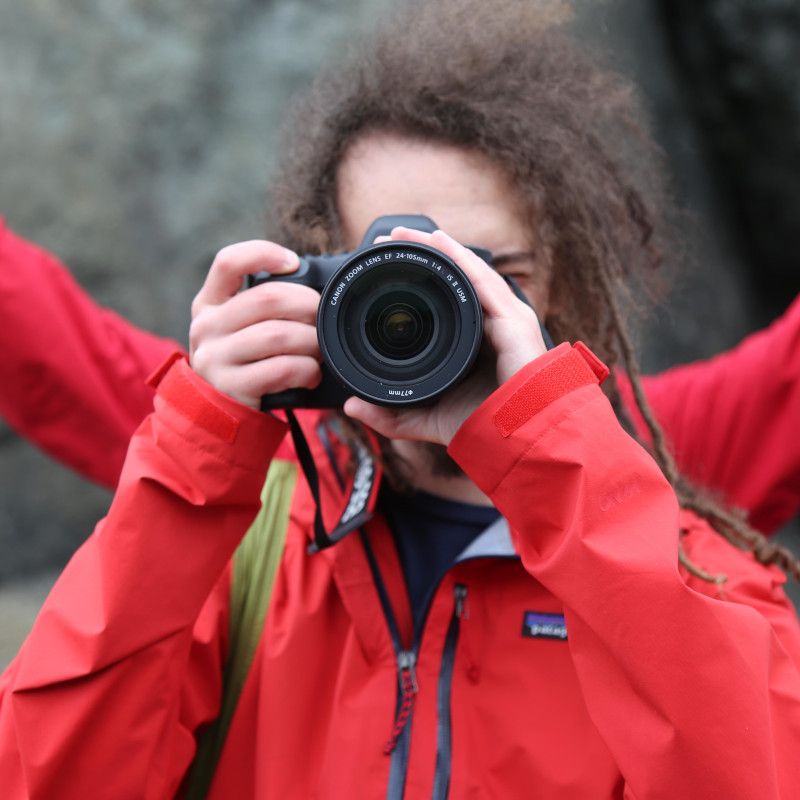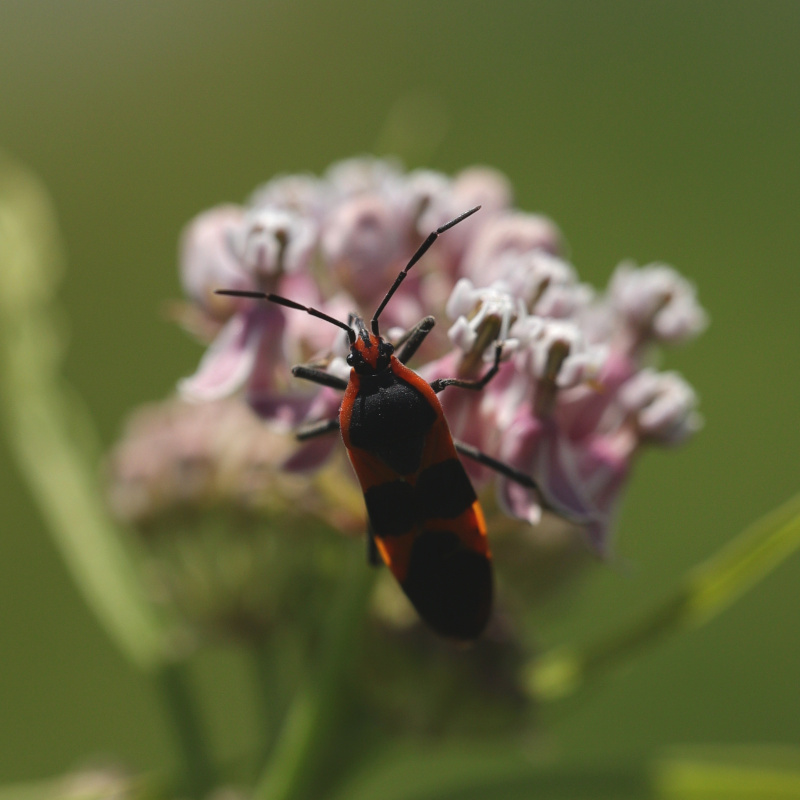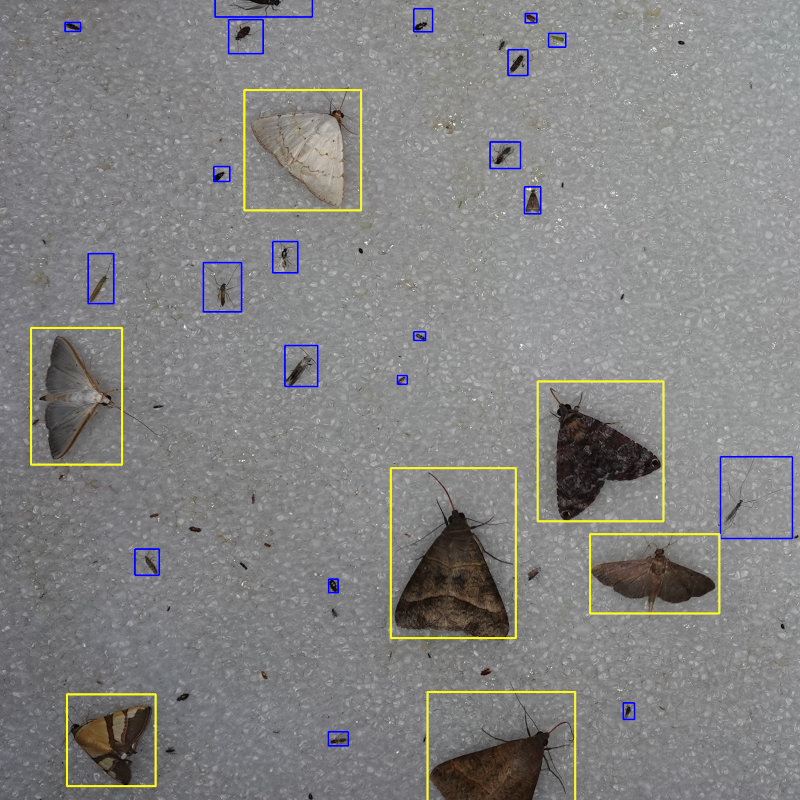Hello!
I'm currently a postdoctoral research fellow studying floral chemical ecology in the Crall and Trowbridge labs at the University of Wisconsin - Madison. I completed my PhD at the University of Nevada, Reno in 2025, where I studied large scale patterns in the complexity of insect semiochemistry, the role of nectar chemistry in driving plant – insect interactions, and developed computer vision tools for surveying insect biodiversity. I received my BS in entomology from Cornell university in 2019, where I worked in labs broadly studying non-consumptive effects of predators, induced plant defenses, and how chemical signaling mediates pollinator and social insect behavior.


